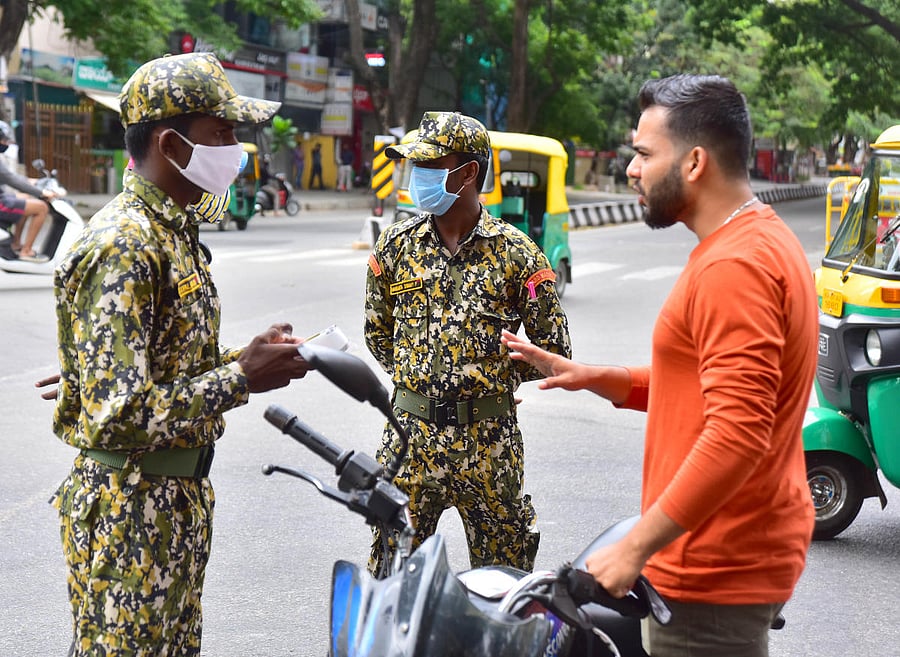
Unlock 1.0 has made the process of COVID-19 contact tracing more difficult in Bengaluru, which is seeing a sudden surge in cases.
From June 8 to 21, the city saw 796 fresh COVID-19 cases, but in a disturbing sign the source of infection is not known for 522 of them. These cases include interstate travellers, people with ILI/SARI and cases categorised as “contacts under tracing”.
While known interstate travellers comprise only 56 of the new cases, dodging of health screenings by unidentified travellers is said to have substantially contributed to the spread of the infection in Bengaluru.
A BBMP official speaking on the condition of anonymity said the interstate arrivals had rocked the apple cart. “We had the situation under control. But now the unidentified interstate travellers have spread the disease to new quarters of the city,” the official said.
The statement is evinced by the fact that 61% of all city-wide COVID-19 cases have cropped up on or after June 8, at the onset of Unlock 1.0, resulting in a deleterious effect on the statewide contact tracing programme.
Munish Moudgil, Director of the State COVID War Room, pointed out that Karnataka had one of the highest per patient contact tracing in the country — at 47 contacts per patient — until recently.
The numbers are now about “15 to 16 per patient because of recent positives, Maharashtra arrivals. We need to improve our contact tracing more”, he said.
An analysis by DH of patient-wise contact tracing data of a sample size of 143 cases from June 10 to 19 has revealed that no contacts of any kind have been generated for 101 patients — signifying incomplete tracing.
In fact, contact tracing has become work that never ends, said Dr Lokesh M, Special Commissioner, Bruhat Bengaluru Mahanagara Palike (BBMP), who is in-charge of the city’s contact tracing programme.
"In around 80% of the city cases so far, we have identified primary and secondary contacts, such as family members and or neighbors," he said. But contacts in the ‘grey area’ are harder to identify. These include friends, acquaintances, shop keepers, transport personnel and others who may have spent 15 minutes with the COVID-19 case, which is often enough to spread the disease. Information of this kind is sometimes hard to get from patients.”
“If COVID-19 patients help us with providing clear information on their movements and contacts, the tracing can be completed,” Dr Lokesh said.
